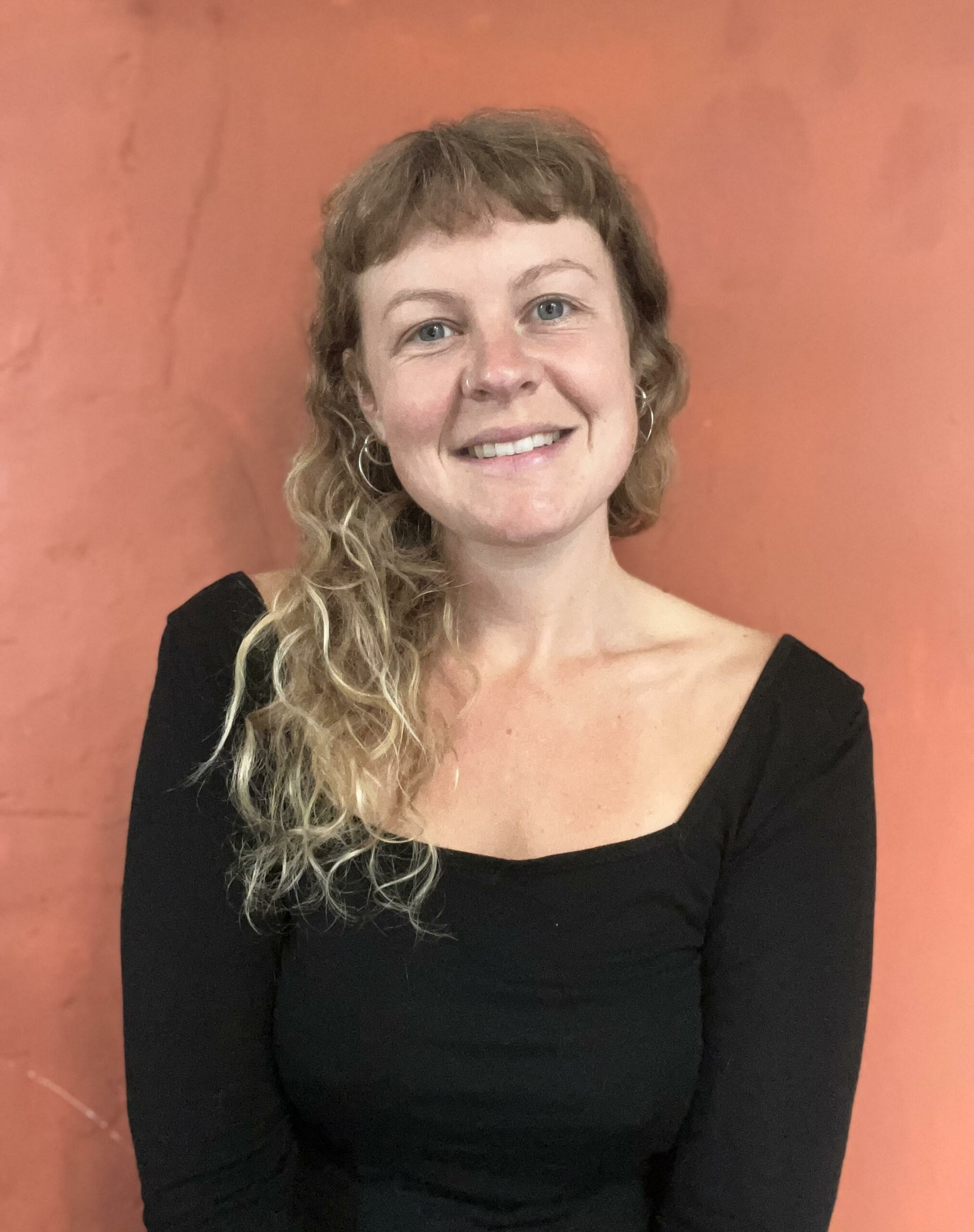Sheila Dillon, journalist and BBC Radio 4 presenter (L) and Tom Hunt, chef and author (R)
“When I started, there was hardly anybody making those connections — it was bleak, actually,” says Sheila Dillon, a journalist and presenter on BBC Radio 4’s The Food Programme. She started writing about the politics of food in New York before she returned to the UK in the mid-eighties.
Fast forward to today and there is a general awareness that the food we eat has an impact on the world around us. There’s even the invention of new climate-focused diets: enter ‘climavore’ and ‘locavore’, where individuals eat according to the climate or local produce.
But not all food journalists have joined the dots yet. “That’s what surprises me after all these years; it’s still startling to [other] people that you make the connection from farming, to health, to your plate,” Sheila adds.
And she’s right. While there is a growing awareness that our food has an impact on the planet, it barely scratches the surface. When was the last time you read about how our industrialised food systems are not only one of the biggest contributors to climate change, but also the single largest cause of biodiversity loss? They have a devastating impact on the health of communities due to deforestation, heavy use of chemicals, overfishing, and more – but it’s unlikely you read that in the latest restaurant review.
‘People Are Scared Of Making Mistakes’
“I do feel a bit on the edge,” says Anna Turns, an environmental journalist who writes about food and the author of Go Toxic Free. “A lot of the stuff I write about is food, but it’s not ‘foodie’. I’m not a cook, I don’t make recipes. It’s very much about supply chains, where stuff is from, the provenance, the food system, sustainable diets…”
“I do feel like that does get shunted out into a bit of an environmental section. I’d love to see that lens being used more in all food writing.” It’s this categorisation of pieces into ‘food’ or environment’ that segregates audiences and keeps conversations separate.





